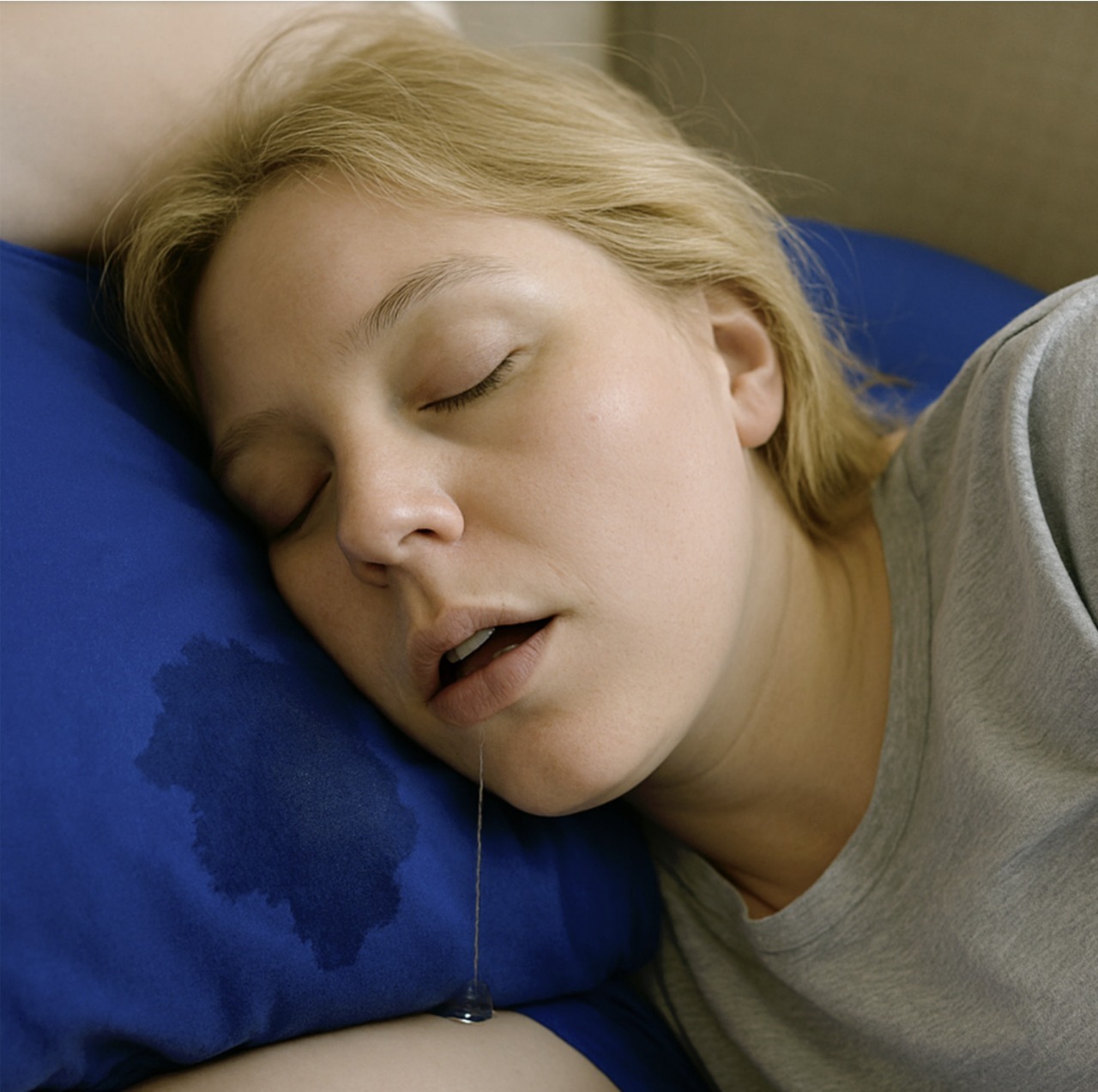If one side of your face appears less toned or even frozen, it could be a sign of facial paralysis. The imbalance makes it difficult to retain saliva, especially on the affected side.To watch out for: a drooping corner of the mouth, an eye that remains open… In this case, consult a doctor quickly.
Gastroesophageal reflux: when acid rises
This digestive disorder promotes excess saliva. Why? Acidity rising in the esophagus triggers a protective reflex: salivation.
Associated symptoms: heartburn, chest pain, bitter taste in the mouth. Targeted treatment can make a real difference.
Parkinson’s disease: a little-known side effect
Excessive salivation is common in affected patients. Not only is saliva produced in excess, but difficulty swallowing it worsens the problem.
This symptom is often accompanied by: tremors, muscle stiffness, slowness of movement.
Cerebral thrombosis: watch out for warning signs
A clot in the brain can affect the muscles responsible for swallowing. As a result, saliva builds up during sleep, especially on one side.
Medical emergency if you observe: continuous drooling on one side, facial asymmetry, speech or vision problems.
Arteriosclerosis: A Silent Threat in the Elderly
Atherosclerosis can reduce oxygen supply to the brain. This deficiency weakens facial muscles and impairs swallowing.
Be vigilant if you have: hypertension, diabetes, high cholesterol. Good cardiovascular prevention is essential.
3 Simple Remedies to Reduce Nighttime Salivation
Change your sleeping position

Sleeping on your back promotes better mouth closure. Avoid sleeping on your stomach or side , especially if your mouth opens easily during sleep. An ergonomic pillow can improve your posture.
Take care of your oral hygiene
